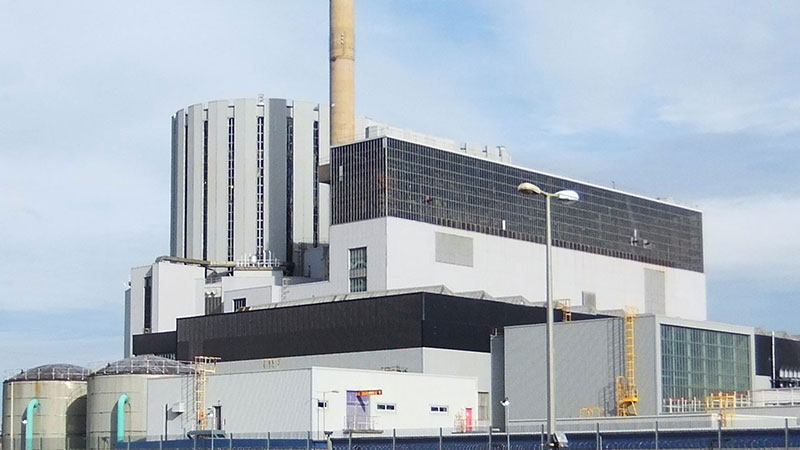

Golden Egg or Poisoned Chalice? The Story of Nuclear Power in the UK
23rd November 2021 @ 6:30 pm - 7:30 pm
An Online Lecture by Tony Wooldridge (presenting) and Stephen Druce
Golden Egg or Poisoned Chalice? The Story of Nuclear Power in the UK
The UK lays claim to being the first country to produce electricity from nuclear power on a commercial scale and has often ploughed its own furrow, initially choosing indigenous reactor designs rather than following international trends, but now willing to consider any design that can satisfy legislative requirements. What are the reasons underlying the erratic development of nuclear power in the UK and what lessons can be learned for future policy decisions, whether in the UK or elsewhere, where infrastructure projects with long-term effects are concerned?
This book tries to unravel the factors that have influenced policy decisions, using original sources where possible. The story is fascinating: secrecy in the early years, unbalanced institutional and commercial influences on government, powerful personalities, national pride, short-sighted political considerations and external events have all played a part. The book starts with the post-war military developments and covers all the main nuclear power activities up to the present day, including generation, reprocessing, decommissioning and waste disposal.
Whether one is enthusiastic or sceptical about nuclear power, this book provides an objective review of past policies and decisions and provides essential background for all those interested in the future of the industry, both members of the public and those more directly involved.
About the Speakers
Tony Wooldridge
Mr Tony Wooldridge gained a First Class Honours Degree in Physics from the University of Oxford in 1973.
In 1977, he joined the electricity supply industry to undertake research and development at the Non-Destructive Testing (NDT) Applications Centre in Manchester. Subsequently, he has held a range of technical and management positions in the Central Electricity Generating Board (CEGB) and its successor companies.
He was President of the British Institute of NDT during 2005 and 2006.
In 2009 he joined the nuclear regulator (NII) and assessed the designs for new nuclear plant in the UK, particularly the EPR planned for Hinkley Point C.
He is a Chartered Engineer and Chartered Physicist, a Fellow of the Institute of Physics and a Fellow of the British Institute of NDT.
Stephen Druce
Dr Stephen Druce gained a First Class Honours Degree in Metallurgy and Materials Science from the University of Birmingham in 1973 and then a PhD in 1977.
He joined UKAEA in 1977 to undertake research and development into the fracture of nuclear structural materials at Harwell, Oxfordshire. Subsequently, he held a range of technical and managerial positions in UKAEA and its successor privatised arm, AEA Technology. During this period, he managed the AEA Technology Thermal Reactor Safety Programme, provided expert advice on structural integrity issues in MAGNOX, SGHWR, and PWR reactor systems, and was seconded to US Oak Ridge National Laboratory.
In 2009 he joined the UK nuclear regulator (NII) where he worked until his retirement in 2014, assessing structural integrity issues in the UK AGRs and PWR operating reactors and the design and construction of the proposed EPR for Hinkley C.
He is a Chartered Engineer and a Member of the Institute of Materials, Minerals and Mining.
